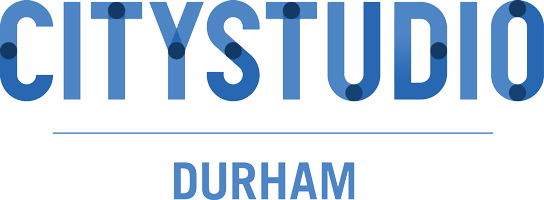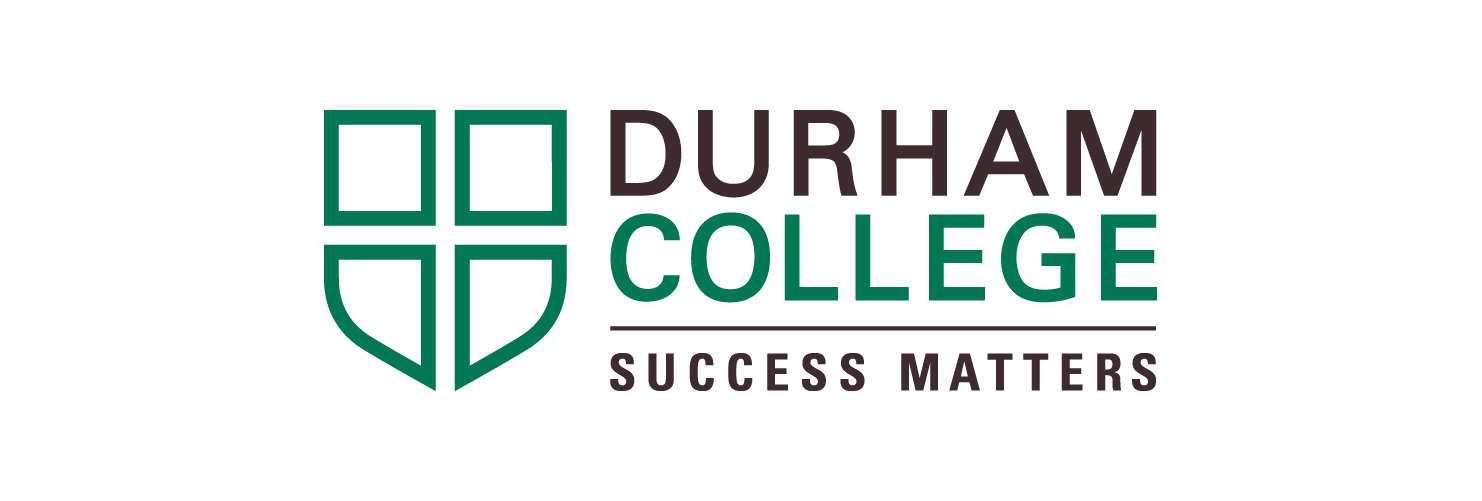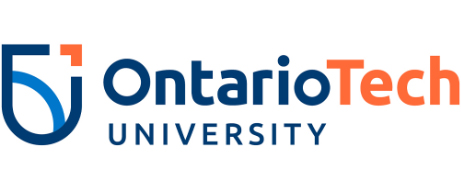
Winter 2022
Durham College students help parents and educators across the Region
Durham College’s Early Childhood Education (ECE) students have wrapped up their final year placement project with CityStudio Durham. The project not only helped educators and parents across the Region, it helped college students with their future careers as well.
“The (ECE) program helped us learn the fundamentals of becoming amazing registered early childhood educators. But this project made us think, learn, and dig deeper,” said Chelsea Algoo, a second year ECE student.
The students worked in groups to help research and create resources using data collected with Durham Region’s recently launched EDI (Early Development Instrument) Dashboard.
The EDI (a questionnaire developed by the Offord Centre for Child Studies at McMaster University) helps educators evaluate children’s readiness to enter elementary school. It is built on five developmental areas, or “domains”: Physical Health and Wellbeing, Social Competence, Emotional Maturity, Language and Cognitive Development, and Communication Skills and General Knowledge.
Corrine McCormick-Brighton, an ECE professor at Durham College, supervised the project and said each student was assigned a domain and examined Durham EDI data to create resources. The resources were created using online digital tools like Canva, to provide information and activities focused on specific domains for parents and educators to use.
“What the students are looking at is vulnerabilities in those domains, because it has an impact on children's readiness for school,” McCormick-Brighton said. “This allows us as educators to provide supports for toddlers and children through activities and practising and reinforcing, to improve skills where vulnerabilities exist.”
Algoo worked on the Language and Cognitive skills domain and Janica Trono, another student in the ECE program, worked on the Emotional Development domain. Both said working in groups and collaborating was new to them with this project.
“We didn't have much group work in the ECE program, mainly because it was remote,” Algoo said. “I love that the project let us interact with group members and hear their feedback through textensions and group chats.”
“We had to do a lot of collaboration with others,” Trono said. “Not just with the people in our centres, but with each other. So, it's preparing us for the co-worker experience.”
The ECE students have three field placements throughout their two-year program, but Trono said working with CityStudio has been the most “unique” one. She said it’s helped her discover other ways she can use her skills and experience.
“It was really nice to have different opportunities instead of just being in a (childcare) centre,” Trono said. “It's not just, ‘Oh, I'm going to work with kids.’ It's also, ‘I can provide and create resources. I can work in a different capacity with children.’ It was nice to experience that.”
The students also had the opportunity to learn from the Region of Durham’s Children’s Services Division staff through presentations and collaboration.
“We learned how to implement and expand our knowledge on what to include in our practice, and even in our classrooms,” Algoo said. “We understand what children like, what their interests are, and then we also learn to be a part of the family involvement and providing information for the families to go off of, like activities they can do on their own at home, even activities we can implement at school.”
Lauren Waugh, Program Manager for Policy and Strategic Initiatives in the Children’s Services Division at Durham Region said the project was a great success.
“We look forward to these future educators applying the practical skills and experience they received through their placement in Durham’s Directly Operated Early Learning and Child Care Centres,” Waugh said. “The resources and tools they developed to address areas of vulnerabilities for children’s readiness for school based on Durham’s Early Development Instrument (EDI) data will also not only support them in their careers, but other early learning professionals looking for new ways to support Durham children and families.”
McCormick-Brighton said the project is not only helping children’s development across the Region for the future, but it’s also showing the many areas ECE students can work—and make a difference—in.
“With this data, I think it just brought to the forefront the importance of early childhood educators and the work they do,” McCormick-Brighton said. “The opportunity to look at resources, data, and become more aware of the vulnerabilities. It’s not just for kindergarten, school readiness, but it’s for in the future, and this data will show how they can really make a difference to shape children’s lives.”
- By Cheyenne Jarrett





